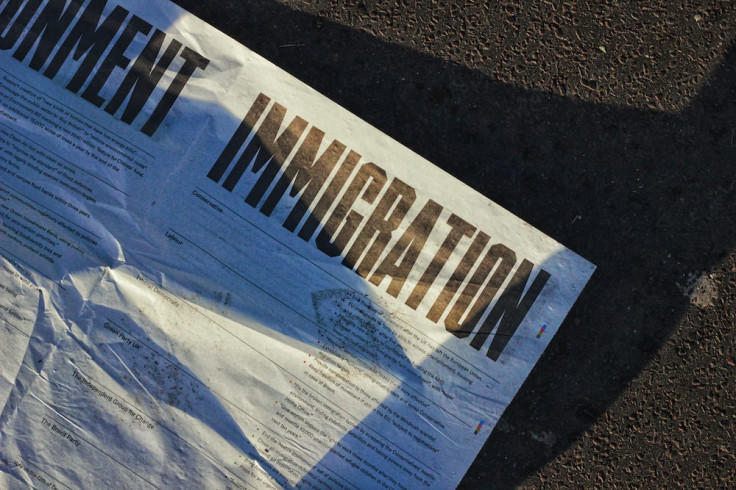South Africa Refuses To Extend Deadline For Zimbabwean Exemption Permit Holders

The government of South Africa has refused to extend the ZEP (Zimbabwean Exemption Permit) beyond June 30, 2023, a decision that will affect around 180,000 Zimbabweans residing in South Africa.
The Zimbabwean government said in Aug. 2022 that it was prepared to welcome back its nationals who were coming home to start a new life. It said it would assist them with transport and other logistics, IOL Reported.
Between Dec. 5-10, 62,770 people entered Zimbabwe through the Beitbridge border.
The Zimbabwean Exemption Permit (ZEP) was implemented in 2017 by the Department of Home Affairs to legalize the stay of undocumented Zimbabweans currently residing in South Africa.
According to Vusi Sibanda, president of the African Diaspora Global Network, Zimbabweans are in the dark when it comes to applying for relevant visas. He told Newzroom Afrika that although Zimbabweans were asked to start applying at the end of 2021, those who have already applied have not received any response as of yet, IOL Reported.
"We are currently dealing with the situation where we have been receiving calls where ZEP holders whose permits expired have been stopped and arrested in the borders heading back to South Africa," said Sibanda, as per the source.
"This also includes truck drivers that are legally employed and they are arrested and informed that their visas have expired, and yet they are on the extension which is supposed to be up until June 2023," he added.
Immigration has been a controversial topic in South Africa for many years. The country has developed industries and offers expansive legal rights for foreigners, which makes it a popular destination for migrants from other parts of Africa.
Simultaneously, though, amid high poverty and unemployment, anti-immigrant sentiment is often used by political leaders to rally working-class voters, and xenophobic violence flares regularly. ZEP holders are a tiny fraction of South Africa's migrant population, which is estimated between 3 million and 4 million people.
By choosing not to renew ZEPs, the government is effectively sending a message to political leaders that they are taking unemployment and public service provision in South Africa seriously.
The move comes after two years of a global pandemic that has strained resources and left many people unemployed.
© Copyright 2026 IBTimes ZA. All rights reserved.




















